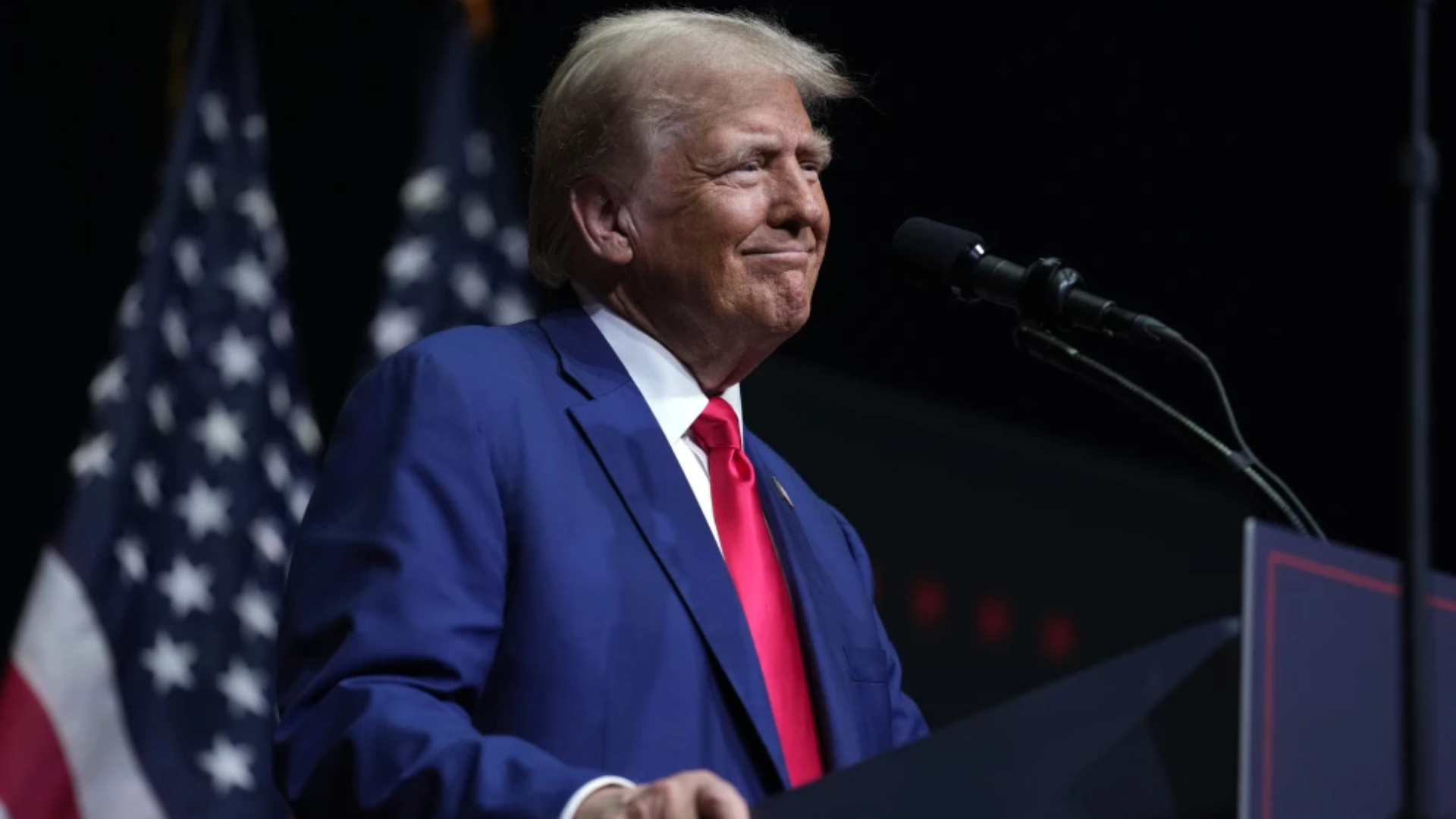WASHINGTON — (CNN) The Supreme Court announced Tuesday that it will decide the fate of President Barack Obama’s immigration actions this term.
The actions are aimed at allowing millions of undocumented immigrants to apply for programs that could make them eligible for work authorization and associated benefits.
The President unveiled the programs over a year ago, but federal courts blocked implementation in response to a challenge brought by Texas and 25 other states. Since then, the nearly 4.3 million immigrants who would have been eligible have been caught in legal limbo.
The Supreme Court — which already has a docket bursting with consequential issues — will likely rule on the case by early summer. If the Court greenlights the programs that are considered a centerpiece of the President’s second term, they will go into effect before he leaves office.
The Supreme Court’s ruling will come down in the midst of the presidential campaign and will settle an issue that has become a talking point for Republican candidates who say that the President exceeded his authority when he announced the programs.
At issue is the implementation of the Deferred Action for Parents of Americans and Lawful Permanent Residents (DAPA) aimed at the approximately 4.3 million undocumented immigrants who are parents of U.S. citizens or lawful permanent residents, as well as an expansion of the 2012 Deferred Action for Childhood Arrivals (DACA) targeting teenagers and young adults who were born outside of the U.S. but raised in the country.
The President’s actions allow eligible participants to obtain temporary lawful presence and apply for work authorization as well as some associated benefits.
Texas Attorney General Ken Paxton, who has been leading the charge in court against the Obama administration, said that the unilateral actions are unconstitutional and that the administration also violated the Administrative Procedures Act, a law that sets forth how federal agencies can establish regulations.
“The Executive does have enforcement discretion to forbear from removing aliens on an individual basis,” Paxton argued in court papers, but that does not include “the power to deem unlawful conduct as lawful, or to change an alien’s statutory immigration classification.”
Paxton said the programs represent one of the “largest changes in immigration policy in our Nation’s history” and that the state has the standing to bring the case in part because it will bear the burden and cost of issuing additional driver’s licenses.
The Obama administration says that the actions are a valid exercise of prosecutorial discretion and that Texas and the states lack the legal harm, called “standing,” to challenge them in Court.
Supreme Court Solicitor General Donald B. Verrilli argued in court filings that if the lower court ruling is left undisturbed it will allow the states “to frustrate the federal government’s enforcement of the nation’s immigration laws.”
The-CNN-Wire ™ & © 2016 Cable News Network, Inc., a Time Warner Company. All rights reserved. (Photo: CNN)






















